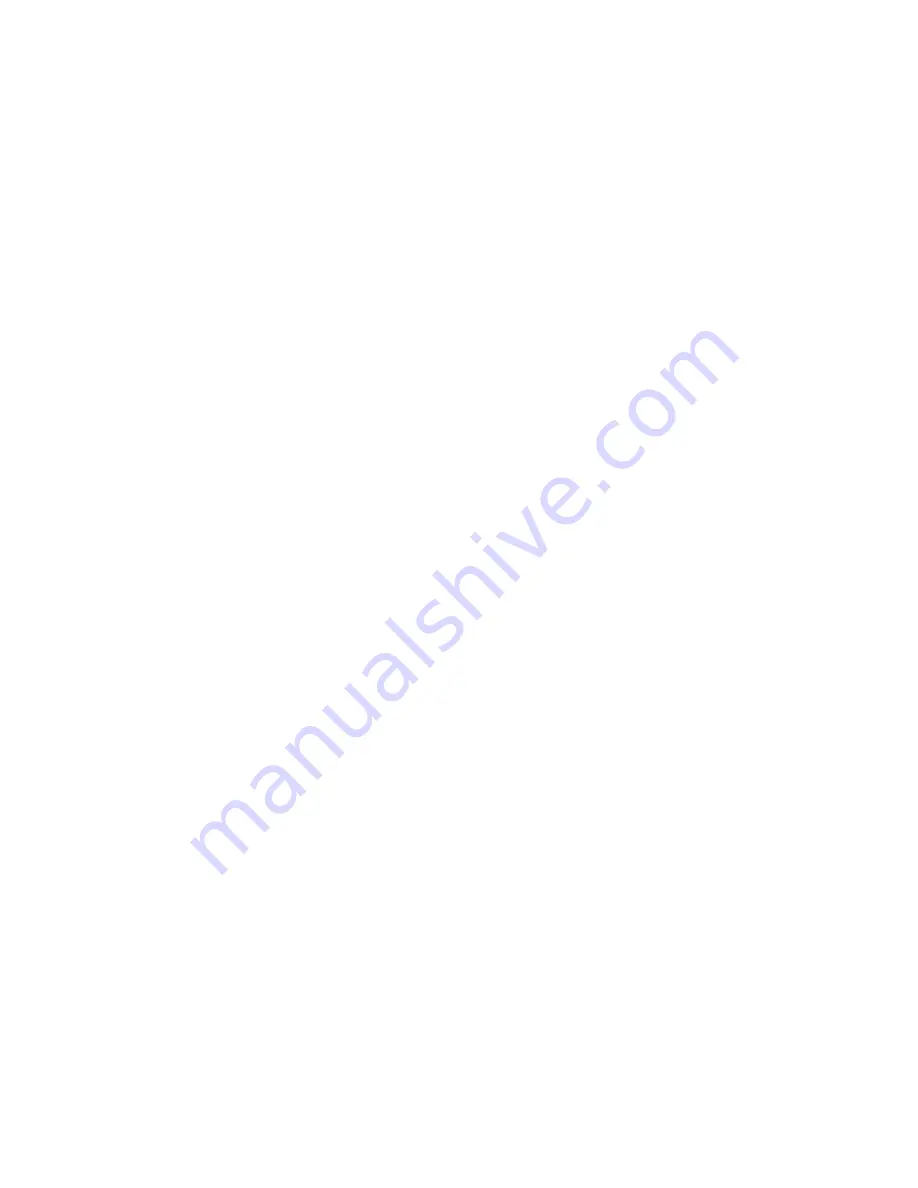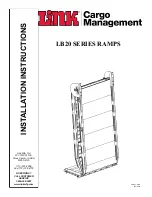
16
•
Grease rub blocks and column surface contacting rub blocks
•
Change the hydraulic fluid - good maintenance procedure makes it mandatory to keep hydraulic fluid clean. No hard
fast rules can be established; - operating temperature, type of service, contamination levels, filtration, and chemical
composition of fluid should be considered. If operating in dusty environment shorter interval may be required.
Special Maintenance Tasks
NOTE:
The following items should only be performed by a trained maintenance expert:
•
Replacement of hydraulic hoses.
•
Replacement of chains and rollers.
•
Replacement of cables and sheaves.
•
Replacement or rebuilding air and hydraulic cylinders as required.
•
Replacement or rebuilding pumps / motors as required.
•
Checking of hydraulic cylinder rod and rod end (threads) for deformation or damage.
CAUTION!!
Relocating or changing components may cause problems. Each component in the system must be compatible; an
undersized or restricted line will cause a drop in pressure. All valve, pump, and hose connections should be sealed
and/or capped until just prior to use. Air hoses can be used to clean fittings and other components. However, the air
supply must be filtered and dry to prevent contamination. Most important is cleanliness; Contamination is the most
frequent cause of malfunction or failure of hydraulic equipment.

































